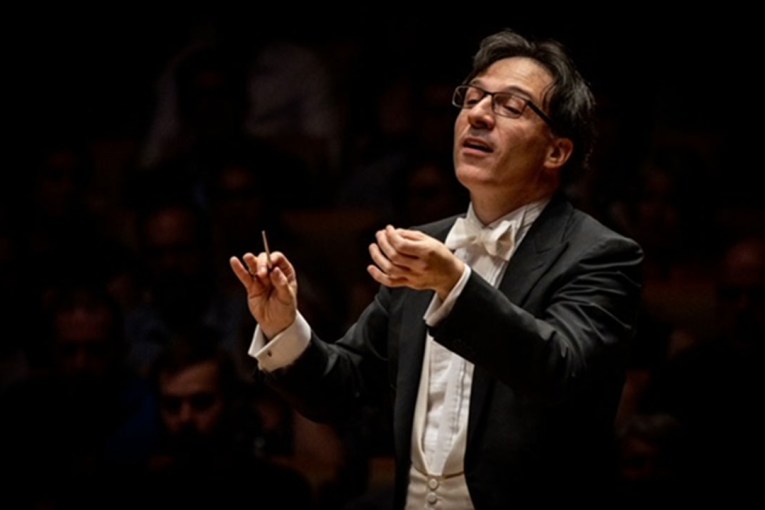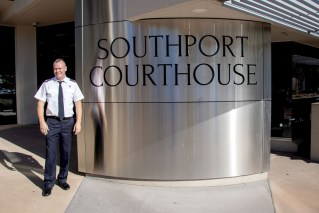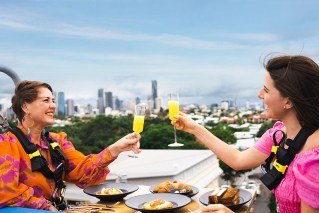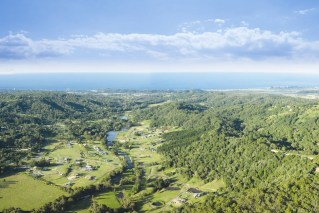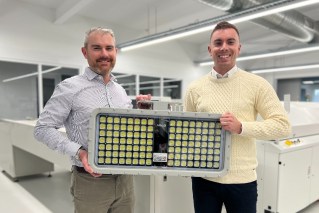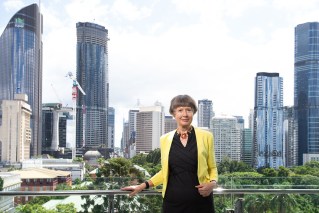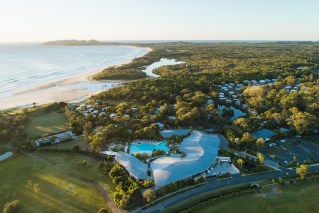
Journeys of hope: Gold Coast refugees share tales of finding home
A new book by the Gold Coast’s Multicultural Families Organisation sheds new light on the unique experience of migrants settling on the beautiful Gold Coast.
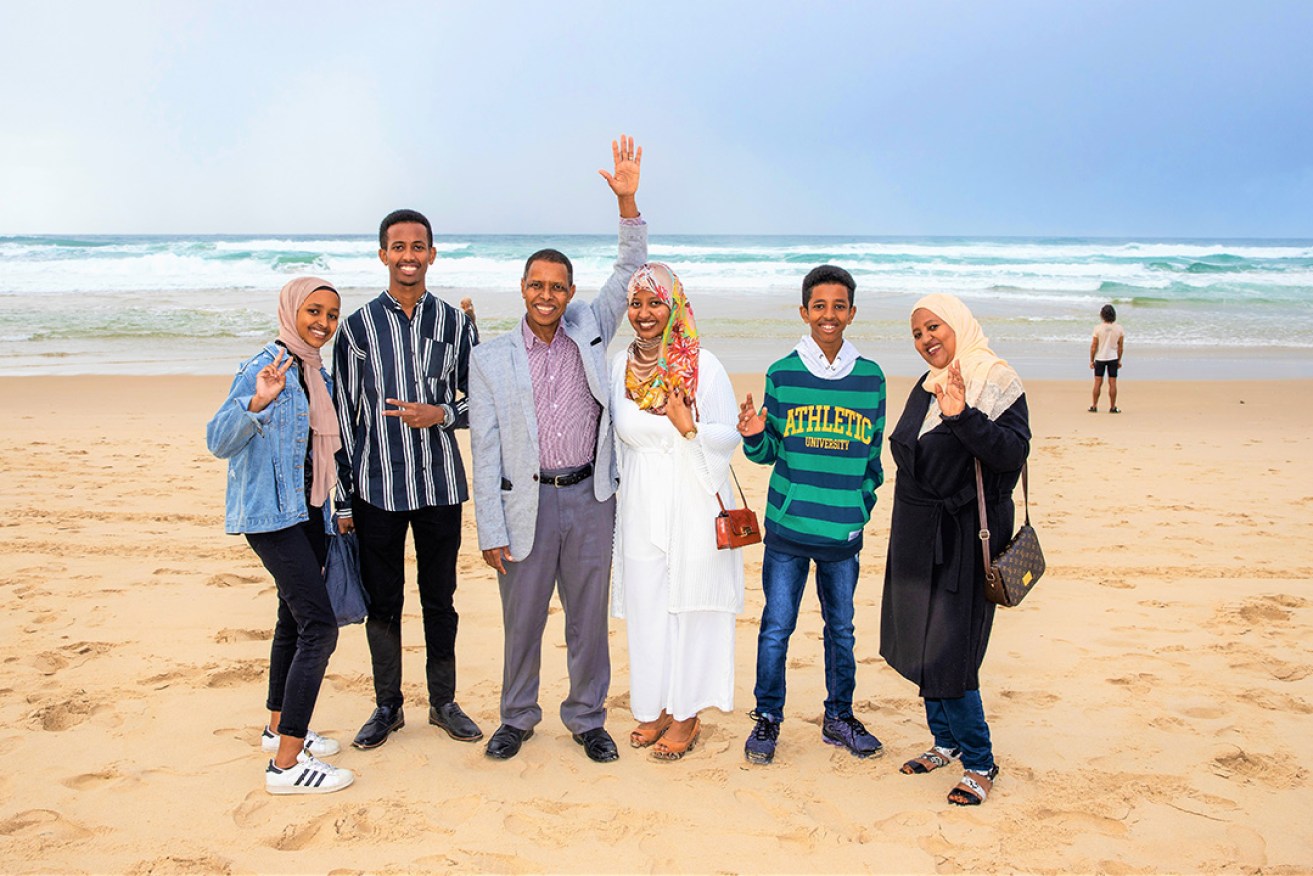
When Salma’s husband Abdulla was snatched in broad daylight from the street and disappeared, she knew that to survive, she and her four children had to flee Eritrea.
Fearing Abdulla had been either kidnapped, imprisoned or killed, she made her daring escape from the northeast African country, crossing borders to stay alive and seek asylum in Egypt.
Five years later, after she was finally granted a humanitarian visa, Salma and her children arrived in Australia and settled on Queensland’s Gold Coast.
Abdulla, a doctor, also ultimately survived. In a twist that elevates a harrowing tale of survival to one that demonstrates the strength of human love and connection, the family were able to be reunited in the safety of their adopted Gold Coast home.
The path that led Salma, Abdulla and the children to Australia seven years ago and their lives on the Gold Coast today is contained in a new book called Finding Home – Journeys of Hope by the Multicultural Families Organisation (MFO) of the Gold Coast.
MFO Multicultural Women’s manager Rana Al-Mekarry said the book aimed to share the stories of strength and survival of local residents to help people understand that being a refugee was not a mark of shame or disgrace.
One of the first orders of business of the newly-elected Australian government was to allow the Tamil asylum-seeking Murugappan family to return to the Queensland town of Biloela.
The government has also promised new policies on expanding Australia’s humanitarian intake.
However, migrants settling in Australia, even as they became Australian citizens, still faced difficulties as Australia wrestled with attitudes to immigration and refugees, meaning families who had arrived needed support and understanding, Al-Mekarry said.
Al-Mekarry said the Gold Coast, with 28 per cent of the population identifying as Culturally and Linguistically Diverse (CALD), aimed to be an example of how refugees could contribute to the life of a city.
MFO, founded and helmed by Bosnian migrant Cornelia Babbage more than 25 years ago, worked to deliver support and links between migrant communities and the larger Gold Coast population, she said.
“When you understand someone’s journey, you can’t hate them. It builds an invisible bridge between you and them that connects and builds empathy. When you have empathy, people can relate more to one another,” Al-Mekarry said.
“The word refugee has been so misrepresented over many years and we just want to show the human effect of these journeys and these labels.”

From left to right: Wisam (son of Salma and Abdulla), Salma, Abdulla, Cornelia and Rana.
Al-Mekarry said Salma was “a resilient, strong woman,” yet, like many migrants on the Gold Coast was initially hesitant to share her story.
“The main reason a lot of them told us is that they didn’t really want to be labelled as a refugee and for that to be the limit of their potential, or for people to see them as that was who they were for life,” she said.
“Yes, they had to leave their country for safety reasons, but they came to Australia through legal channels and once they settled, they’ve adapted and tried really hard to fit into the local community.
“Now they just want to be seen as Australians, be seen as part of the community, contributing something positive and they don’t want to be labelled.”
Al Makerry said the pandemic was having ongoing impacts on migrant communities on the Gold Coast.
“Covid has had a huge effect on the community but particularly the multicultural community who are pretty isolated when they come to a new country to try and set up a life.
“A lot of them rely on the social outings like church, social gatherings and meeting at people’s homes. That was so affected during lockdown and had a huge emotional and mental health impact on people.
 “Having to move away from a community hub or our centre, having that distance from the connections and the programs that we run just adds to the physical and emotional isolation people are experiencing.”
“Having to move away from a community hub or our centre, having that distance from the connections and the programs that we run just adds to the physical and emotional isolation people are experiencing.”
Al-Makerry said as one of 25 staff members from 21 different nations who worked with MFO on the Gold Coast, she had her own story of arrival.
Born in Lebanon, she lived through the Lebanese war until the age of nine.
“It is really hard when you’ve lived and experienced something like a war, it is the lens that you see the world through, so to shift it and really understand another perspective can be a difficult thing. When you’ve lived across both of those it can be a complex experience,” she said.
“It was very hard for me to talk about, as a child I shut down the memories and I didn’t want to live with that part of myself. I just wanted to be as Australian as possible.
“But when I grew up and had my own children, we’ve had to confront so many challenges and explore our own identity.”
Al-Makerry said she was initially worried about moving to Queensland 10 years ago, fearing that the family would be discriminated against.
“But it’s been amazing how accepting the Gold Coast community is,” she said.
“Maybe because it’s a tourist city and we have so many people coming from so many different parts of the world.
“It’s not utopia, there are issues, but it is generally very welcoming, and people embrace the diversity.”
Proceeds from the sale of Finding Home – Journeys of Hope go to MFO’s charity and are used to support local members of the community who are experiencing hardship.
